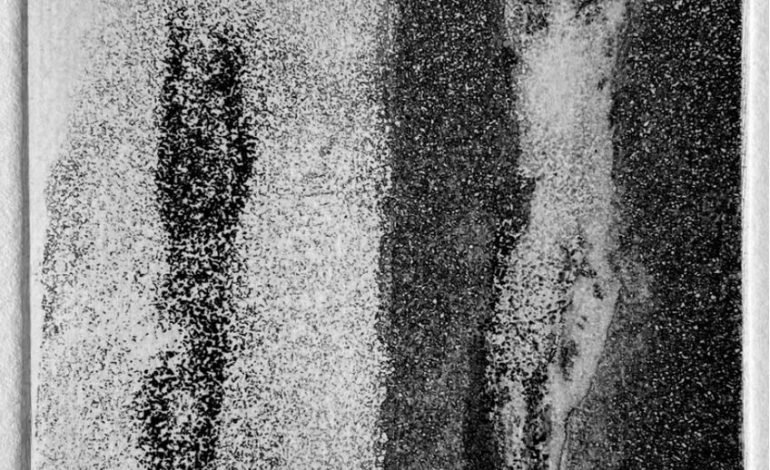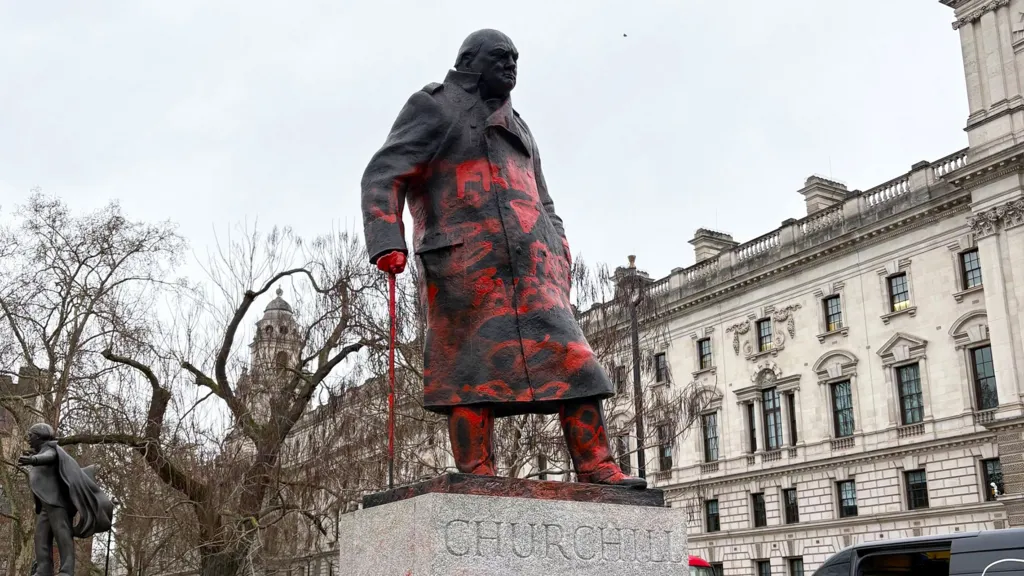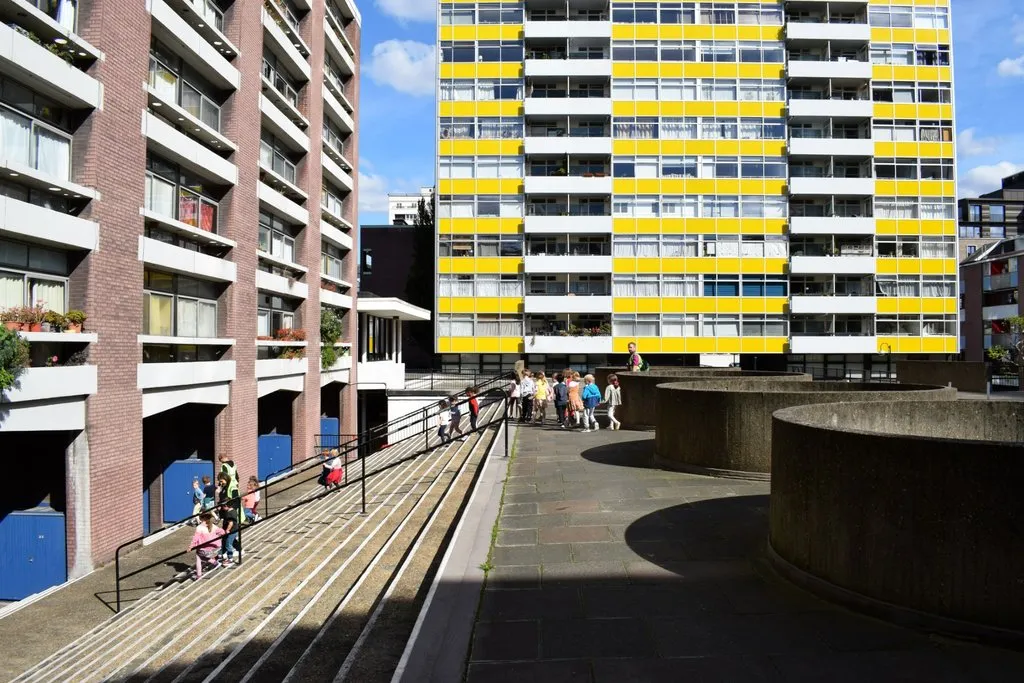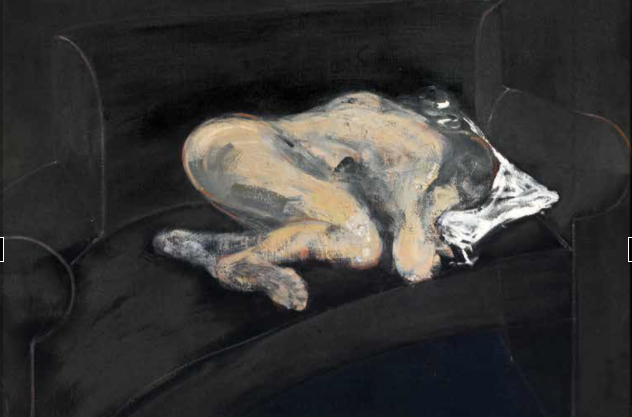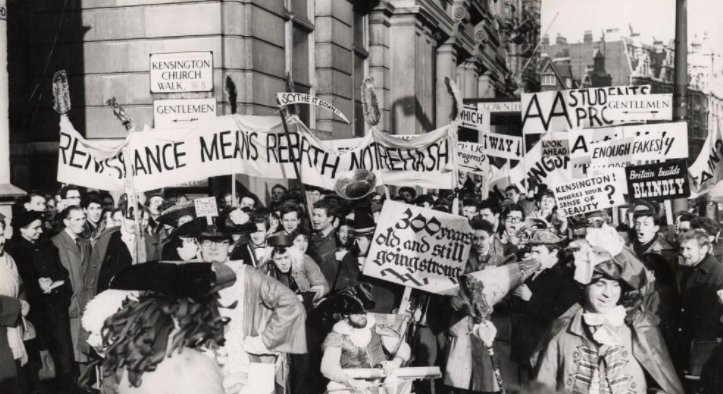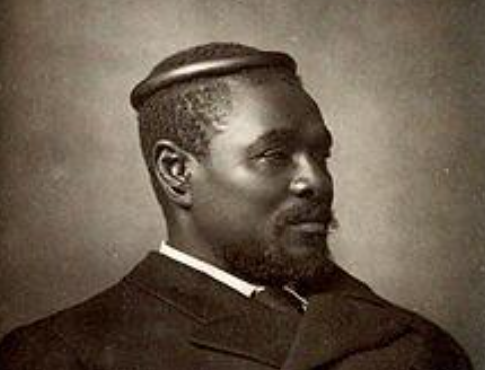Poets and Music in Lerici

Tucked away on the Ligurian coastline, north of Livorno (or Leghorn as the 18th Century English insisted on calling it, with tin ears) on the way round to Genoa, is the bay that holds the town of La Spezia. Even more concealed is a cove protected by the castles, Lerici and San Terenzo. This is known as the ‘Gulf of the Poets’, named that in 1910 by the writer Sem Benelli, to mark the fact that so many Italian poets had adopted the place. For the British the connection was just as strong but more poignant. San Terenzo was where Percy Bysshe Shelley and his extended household spent the summer of 1822 in a white seaside villa, which was considerably more uncomfortable then than it became in later years.
He moored his boat at Lerici, another mile down the shore. It was from there that he and Edward Williams set off in early July to sail the 60 or so miles south to Livorno. This was not a jaunt. In the days of treacherous roads and before trains, they were travelling to see Byron and Leigh Hunt, to discuss starting a journal in London called The Liberal, to oppose the increasingly autocratic Tory government led by Robert Jenkinson, Lord Liverpool. On their return they were caught in a storm, probably one of the thunder bursts that often blow up on Tuscan Summer evenings, and they never made it back to Lerici.
Since that awful week, many writers, among them D.H. Lawrence and E.M. Forster, have lodged in the towns. This century the combination of the Lerici Music Festival and the Lerici Pea Prize for Poetry have brought them back into the limelight. The music festival runs for a month from the middle of July. It has been going since 2016 and is the brainchild of the conductor Gianluca Marciano, who is also Artistic Director of the Chelsea Opera Group, which was founded over 70 years ago.
A long weekend at this year’s festival gave an entrancing taste of its very specific atmosphere and pleasures. The concerts took place in a makeshift open-air enclosure on Lerici’s sea front. This had not been the original intention but needs must and the result, while occasionally challenging for audience and performers, had great charm. For the most part one could filter out the sounds of children playing and citizens promenading on the way to dinner. Motorbikes and dogs were harder to ignore but it was great to see children peeking through the side curtains, watching in awe as Sir Bryn Terfel and friends sang chunks of Verdi’s Falstaff, or Christian Blackshaw mesmerised in Schubert Impromptus.

I wish I had been able to stay long enough to hear Elly Suh perform the Elgar Violin concerto with Marciano. Elgar found many of its themes in Italy and he wrote In the South just around the coast at Alassio. At least I heard her in the superb chamber group cellist that Adrian Brendel put together with violinist Mathilde Milwidsky and pianist Martina Consonni. Their concert (7 August) included Frank Bridge (rarely performed in Italy but winning admirers here through his Phantasie Trio and Quartet), Beethoven and a piano quintet arrangement of Mozart’s Piano Concerto No. 23, K488. The Beethoven piece was his duo for a violist and cellist in need of spectacles – a dig at its first players, for whom he wrote parts, with hundreds of sharp and flat signs, hard to read by candlelight. Brendel admitted he wished he’d brought better specs but his duo partner, 23 years old Kinga Wojdalska was unfazed. She is a wonderfully dynamic player, bringing real zest to what is often a more timid voice in the quartet. There is nothing timid about Kinga Wojdalska. Instead she became the dramatic heart around which the others revolved: one to watch in every sense. Adrian Brendel, often to be heard playing with the Nash Ensemble, is one of those quietly significant players and the catalyst for so much great music making.
Blackshaw’s recital (5 August) was the most difficult to convert to an outdoor setting against the competing noise of real life in the town. Yet he made no concessions, playing the Op. 90 Impromptus by Schubert with such concentration that even in the quietest moments the listeners – leaning forward and straining their ears – were with him all the way. Blackshaw is one of our age’s greatest interpreters of the early Romantics and Mozart, and now perhaps only he and Stephen Kovacevich play this repertoire with such penetration. Blackshaw’s recordings of the Mozart Sonatas at the Wigmore Hall are a revelation.
To link literary and musical London with Tuscan arts life makes such good sense. The two have been entwined for so long. Not enough of us know each other these days. Politics and the failures of the publishing industry to invest in translations, at the same time as language training in both countries has faltered, and made us seem distant cousins. Music, and Lerici, can fix that. Try it next year and in meantime look out for Gianluca Marciano at Cadogan Hall.
My thanks to Nicky Thomas Media for organising my visit and my stay at the splendidly appropriate Hotel Shelley.
Images: Sir Bryn Terfel rehearsing Verdi’s Falstaff at the 2022 Lerici Music Festival with Conductor Gianluca Marciano and the Magna Grecia Youth Orchestra.

